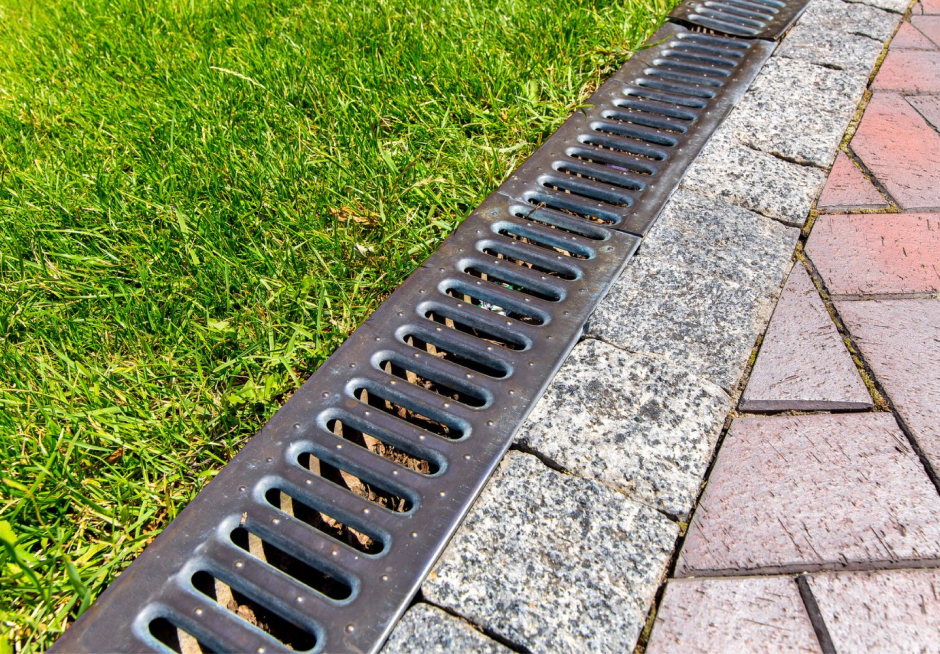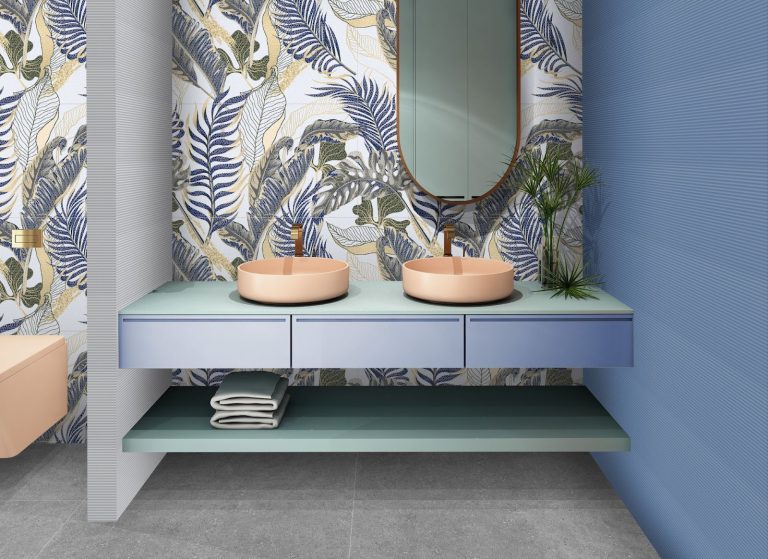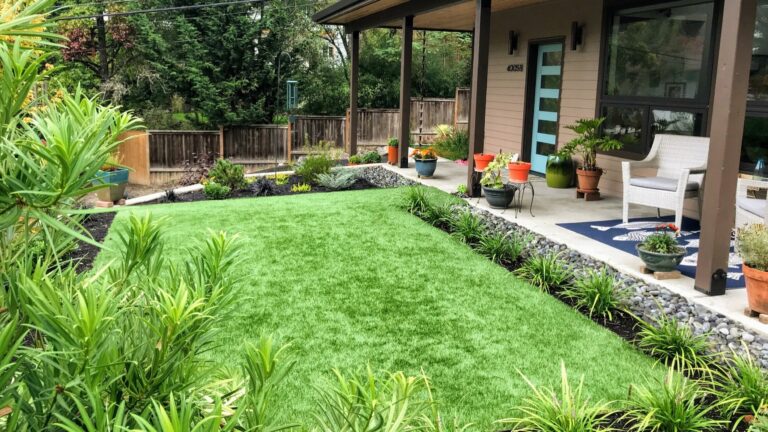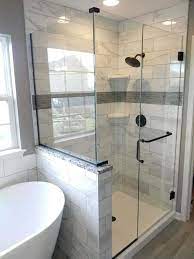Why Blocked Drains Happen and How to Prevent Them
Blocked drains are a common and frustrating problem in homes and businesses alike. They can lead to unpleasant odors, slow water drainage, and even more severe plumbing issues if left unaddressed. Understanding why blocked drains happen and knowing how to prevent them can save you from costly repairs and long-term headaches. This article explores the causes of blocked drains and offers practical tips on how to prevent them from occurring in the first place.
Common Causes of Blocked Drains
Blocked drains can be caused by a variety of factors, from everyday household waste to environmental conditions. Identifying these causes can help you take preventive steps to protect your plumbing system.
1. Grease and Fat Buildup
One of the most common culprits of kitchen sink blockages is grease and fat. When you wash greasy pans, leftover food, or oils down the drain, they cool and solidify, sticking to the inner walls of pipes. Over time, this buildup restricts water flow, leading to blockages.
Prevention Tips:
- Never pour grease or fat down the drain. Instead, dispose of them in a container and throw it away once it hardens.
- Use a strainer to catch food particles before they enter the drain, preventing greasy residue from accumulating.
2. Hair and Soap Scum
In bathrooms, hair is often the primary cause of clogs, especially in shower and bathtub drains. Hair strands collect soap scum and other debris, creating a sticky mass that blocks the flow of water. This type of blockage is especially common in households with long hair.
Prevention Tips:
- Install drain covers or screens in showers and bathtubs to catch hair before it enters the drain.
- Regularly remove hair buildup from bathroom drains to prevent it from accumulating over time.
- Avoid using excessive amounts of soap or shampoo, as they can contribute to soap scum buildup.
3. Foreign Objects
Sometimes, non-degradable items like toys, jewelry, or cotton swabs are accidentally flushed down the toilet or washed down the drain. These foreign objects can easily cause blockages, especially in pipes that are smaller in diameter.
Prevention Tips:
- Keep bathroom and kitchen drains clear of small objects that could accidentally fall in.
- Use a toilet lid lock to prevent children from flushing items down the toilet.
- Ensure that only toilet paper is flushed down the toilet to avoid creating clogs.
4. Tree Roots
Tree roots are a less obvious but highly damaging cause of blocked drains. Over time, roots from nearby trees can infiltrate underground pipes, especially if the pipes are cracked or damaged. These roots grow in search of moisture and can cause blockages, pipe cracks, and even full pipe collapses.
Prevention Tips:
- Regularly inspect the yard for signs of overgrown tree roots near drainage pipes.
- Avoid planting large trees or shrubs near your drainage system, especially if their roots tend to spread aggressively.
- If tree roots are already a problem, a professional plumber can perform rooter services or hydro jetting to clear the blockage and repair damaged pipes.
5. Toilet Paper and Flushing Wipes
In the bathroom, it’s common to flush too much toilet paper at once or use non-flushable wipes, which do not break down easily in water. While toilet paper is designed to dissolve, flushing large amounts at once can overwhelm the plumbing system, especially in older pipes.
Prevention Tips:
- Limit the amount of toilet paper you flush at once to prevent overloading the system.
- Avoid flushing anything other than toilet paper and human waste down the toilet. Dispose of wipes, sanitary products, and paper towels in the trash.
6. Mineral and Limescale Build-Up
In areas with hard water, mineral deposits (such as calcium and magnesium) can accumulate inside pipes over time, leading to reduced water flow and blockages. This is most common in older homes where plumbing systems may not have been properly maintained.
Prevention Tips:
- Consider installing a water softener to reduce the build-up of minerals in your plumbing system.
- Regularly flush your drains with vinegar or baking soda to help break down mineral deposits.
- Schedule regular plumbing maintenance to inspect and clean your pipes if you live in a hard water area.
How to Prevent Blocked Drains
While some causes of blocked drains may be unavoidable, there are several proactive steps you can take to reduce the risk of clogs and keep your plumbing system flowing freely.
1. Install Drain Screens or Filters
Using mesh screens or filters on all sinks, showers, and bathtubs can effectively catch hair, food, and other debris before they enter the drain. These simple devices are easy to install and can save you from dealing with more complicated blockages later on.
2. Flush with Hot Water Regularly
Flushing your drains with hot water once a week helps dissolve any minor build-ups of grease, soap, or other debris. This can be especially helpful for kitchen drains, where grease and fat are commonly the culprits.
3. Use Eco-Friendly Drain Cleaners
Occasionally using eco-friendly drain cleaners (or natural alternatives like baking soda and vinegar) can help prevent grease and other substances from building up inside your pipes. These cleaners are gentle on your plumbing and better for the environment compared to harsh chemical cleaners.
4. Dispose of Waste Properly
Be mindful of what goes down the drain. Avoid putting food scraps, grease, or non-flushable items in the sink or toilet. Proper waste disposal not only helps protect your drains but also contributes to a cleaner, more efficient home.
5. Schedule Regular Plumbing Inspections
Having your plumbing system professionally inspected at least once a year can help identify early signs of damage or potential blockages. A plumber can detect issues like pipe deterioration, tree root intrusion, or mineral build-up and provide preventative solutions.
6. Maintain Your Yard
Ensure that trees and shrubs are well-maintained and not growing too close to your sewer or drainage pipes. If you have older trees, consider consulting a plumber for a root inspection to avoid root infiltration into your pipes.
Conclusion
Blocked drains can be frustrating and costly, but most of the time, they are preventable with the right precautions. By understanding the common causes of blockages and taking steps to prevent them, you can protect your plumbing system from clogs and keep your drains flowing smoothly. Regular maintenance, proper waste disposal, and installing simple devices like drain covers can go a long way in preventing serious plumbing issues. If you encounter persistent or severe blockages, don’t hesitate to consult a professional plumber to ensure that your drains are in optimal condition.






